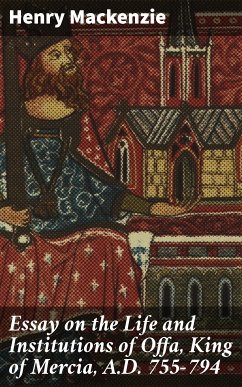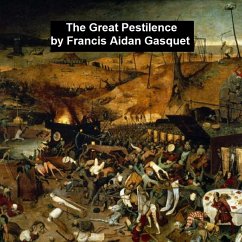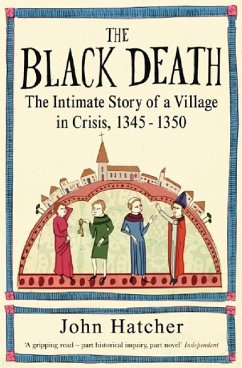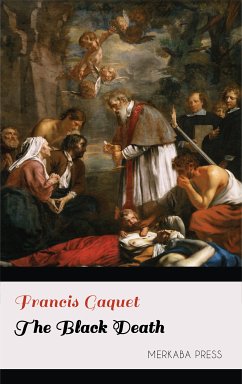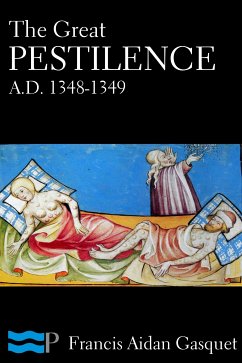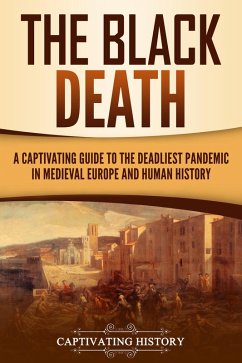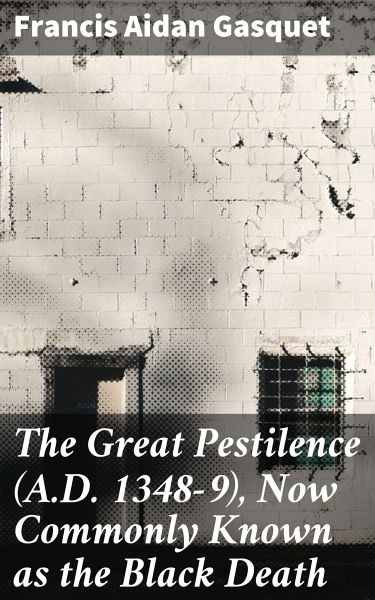
The Great Pestilence (A.D. 1348-9), Now Commonly Known as the Black Death (eBook, ePUB)
Unveiling the Medieval Pandemic: A Closer Look at the Black Death's Devastating Impact

PAYBACK Punkte
0 °P sammeln!
In "The Great Pestilence (A.D. 1348-9), Now Commonly Known as the Black Death," Francis Aidan Gasquet meticulously examines the devastating impact of the bubonic plague on Europe during the 14th century. Employing a rich narrative style interwoven with historical detail, Gasquet delves into the societal, religious, and economic ramifications of the pandemic. His scholarly approach is grounded in extensive archival research, drawing upon primary sources to illuminate the fears and realities faced by communities in the midst of calamity. Gasquet's work stands as a significant contribution to the...
In "The Great Pestilence (A.D. 1348-9), Now Commonly Known as the Black Death," Francis Aidan Gasquet meticulously examines the devastating impact of the bubonic plague on Europe during the 14th century. Employing a rich narrative style interwoven with historical detail, Gasquet delves into the societal, religious, and economic ramifications of the pandemic. His scholarly approach is grounded in extensive archival research, drawing upon primary sources to illuminate the fears and realities faced by communities in the midst of calamity. Gasquet's work stands as a significant contribution to the historiography of the period, offering insights into both the immediate and long-lasting effects of the plague on medieval society. An English Benedictine monk, Gasquet was steeped in ecclesiastical history and a fervent advocate for the preservation of historical records. His background and religious perspective color his exploration of how the Black Death influenced not just public health but also the Church's authority and the cultural fabric of Europe. Gasquet's deep interest in historical continuity and the moral lessons drawn from crises undoubtedly informed his rigorous investigation of this dark chapter in human history. Readers with a penchant for history, theology, or the sociology of epidemics will find Gasquet's "The Great Pestilence" an essential read. The book provides both a thorough analysis and a poignant meditation on human endurance in the face of unparalleled suffering. Through a lens of empathy and scholarship, Gasquet invites readers to reflect on the enduring impact of the Black Death while reassuring us of the resilience of faith and community.
Dieser Download kann aus rechtlichen Gründen nur mit Rechnungsadresse in A, B, BG, CY, CZ, D, DK, EW, E, FIN, F, GR, H, IRL, I, LT, L, LR, M, NL, PL, P, R, S, SLO, SK ausgeliefert werden.





